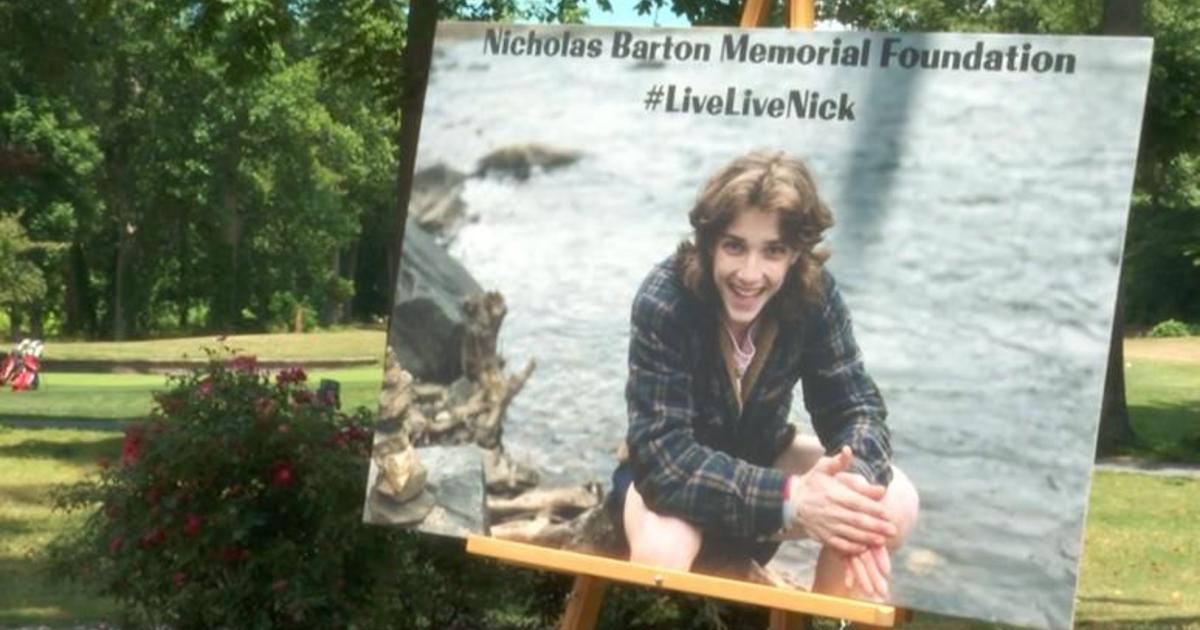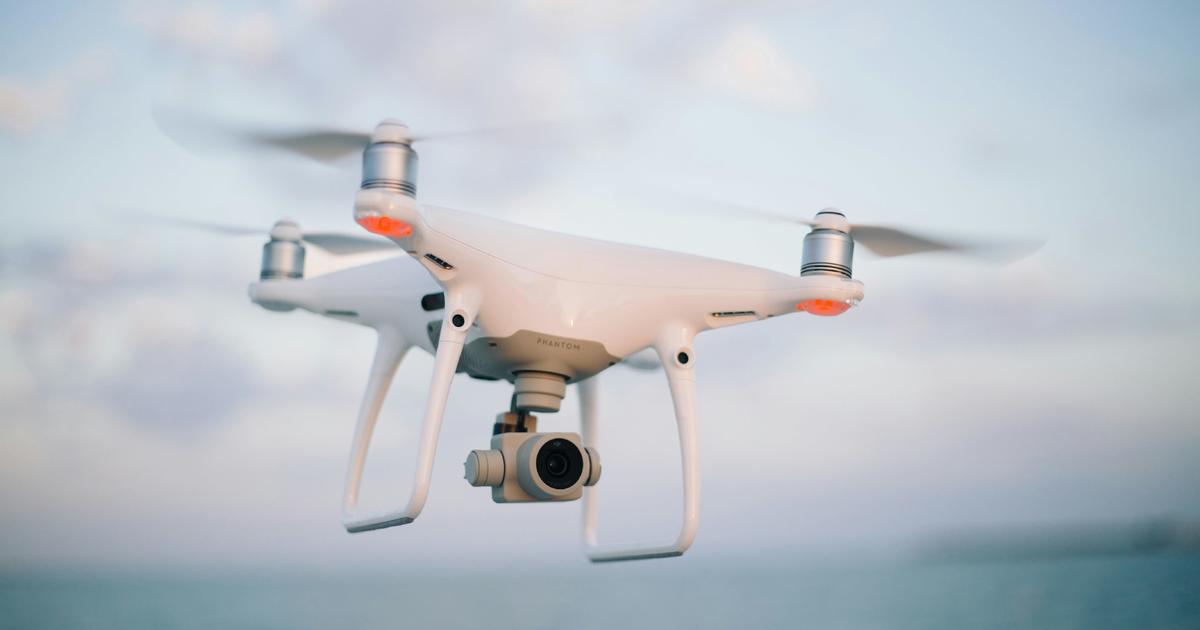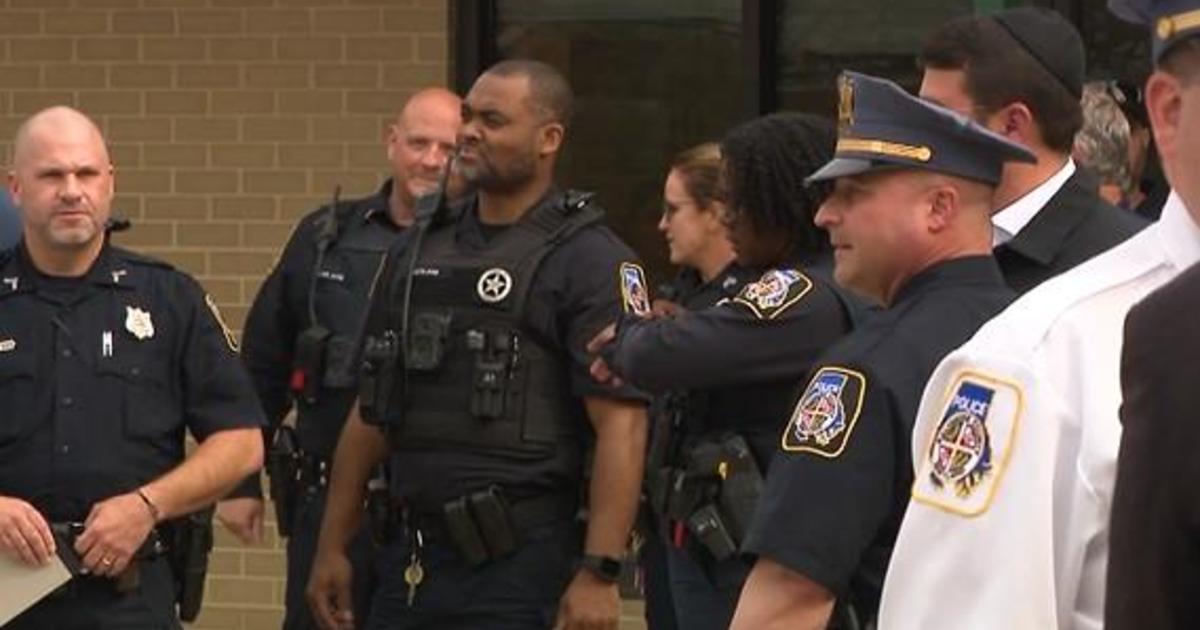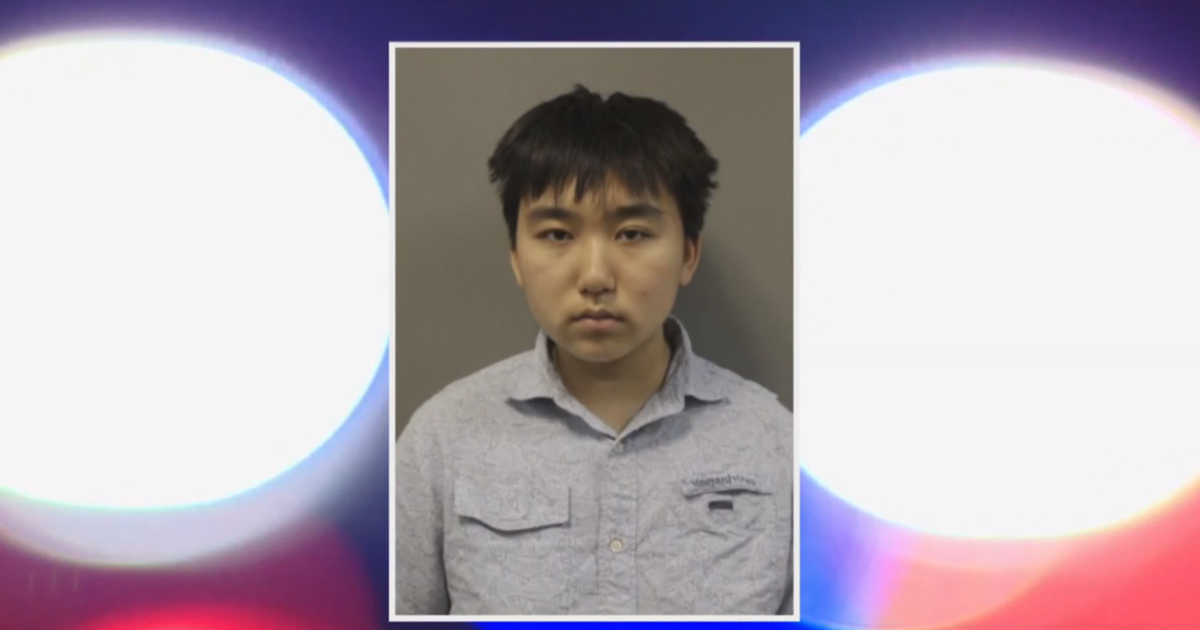ACLU: Md. Police Car Scanners Raise Invasion Of Privacy Concerns
BALTIMORE (WJZ) -- Get behind the wheel in Maryland, and there's a good chance you're being followed.
Not in the traditional sense, but by license plate readers.
Alex DeMetrick reports--the technology is welcomed by police, but raising privacy concerns.
Lasers focus the cameras that take photos of passing license plates, instantly sending them to a computer.
"I get an audible alarm and it also goes up red and lets me know, 'Hey, key in on this, something's happening,'" an officer said.
A hit. Tying the plate to something as minor as unpaid tickets to a serious crime. WJZ was given access last year to Baltimore's license plate readers, or LPRs.
"So, if someone's looking for a particular vehicle in reference to a robbery or a murder or something like that, we can put that tag into the system and it'll hit if the vehicle happens to ride by," said Lt. Craig Hartman, Baltimore City Police.
You don't have to be moving to be scanned. Police routinely patrol parking lots reading plates. It all adds up.
"Over 85 million individual scan records about where a particular car was at a particular date and a particular time," said David Rocah, ACLU.
Baltimore's chapter of the ACLU found only a tiny fraction of those scanned plates turned up someone police were looking for.
"Only 47 out of every million license plates stored is a hit for a serious offense," Rocah said.
But the real worry is why store data from all those scanned plates? It's information that, over time, could act like a trail of bread crumbs.
"It gives the government an ever greater and detailed picture of the movements of innocent Marylanders who are suspected of no wrongdoing," Rocah said.
It's technology that might have saved lives during the sniper murders, since John Allen Muhammad's vehicle passed through a number of the shooting scenes.
"That would have given us a big clue," police said.
Seeing and remembering what a cop can't.
"And this LPR doesn't miss a thing," an officer said.
And that's what has those concerned about privacy worried.
There are nearly 400 license plate readers operating in Maryland, nearly all on patrol cars. One LPR can scan up to 3,000 plates during a single shift.



